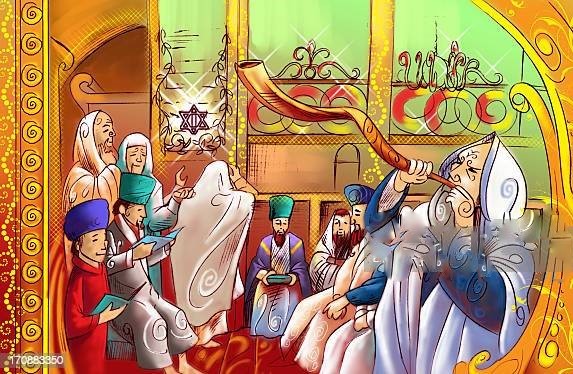TIFERET: YESHIVAT HAVERIM – BABYLONIAN TALMUD p68

GEMARA: The schoolmen questioned: How is it if one has done so with an egg? Said R.
Joseph: He is liable for a sin-offering. Said Mar b. Rabhina: This is to be understood also from
the following Boraitha: Everything that was in hot water before the Sabbath may be soaked in
hot water on the Sabbath; things that were not in hot water before the Sabbath may only be
rinsed in it, excepting old herrings and Spanish (salted) fish, because with these, rinsing
completes their preparation. (The same is the case with an egg; the settling completes.)
“Nor shall it be wrapped,” etc. Now, the Mishna which states: “Cooked victuals may be put into
a pit for preservation; drinking water into cold bad water to cool; cold victuals in the sun to
warm.” Shall we assume that it is in accordance with R. Jose and not with the sages? Said R.
Na’hman: As to the heat of the sun, all agree that it is allowed; the outcome of heating by fire, all
agree that it is prohibited. The point of their differing is the outcome of sun-heating. The one
master holds that the use of such heat is prohibited for fear lest one use also the heat that is
generated by fire; the other master does not impose such a precautionary measure.
“It happened that the inhabitants of Tiberias,” etc. R. Hisda said: With the prohibition by the
rabbis of the act of the Tiberians they have also abolished the permission to heat on Friday, even
when it is yet day, in such places as increase heat. Said Ulla: “The Halakha prevails according to
the Tiberians.” Rejoined R. Na’hman: “The Tiberians themselves have already destroyed their
pipes.” “Washing with warm water,” how is this to be understood? The whole body? Is this
prohibited only with water that was warmed on Sabbath? Is it not the same even when it was
warmed on the eve of Sabbath? As the following Boraitha states: “With water which was
warmed on the eve of Sabbath, on the morrow one may wash his face, hands, and feet, but not the whole body. And if it means the face, etc., how is the latter part to be understood? If it was warmed on a feast
day,” etc.
 SATURDAY PRAYER: HOD-SHACHARIT שַחֲרִית MORNING PRAYER
SATURDAY PRAYER: HOD-SHACHARIT שַחֲרִית MORNING PRAYER SATURDAY PRAYER: HOD-TIKKUN CHATZOT תקון חצות-TIKKUN RACHEL & TIKKUN LEAH
SATURDAY PRAYER: HOD-TIKKUN CHATZOT תקון חצות-TIKKUN RACHEL & TIKKUN LEAH SATURDAY PRAYER: HOD-YESHIVAT HAVERIM יְשִׁיבָה חברים – EXTENDED ANALYSIS OF KABBALAH – ON MAZAL (LUCK – HEAVEN LUCK)
SATURDAY PRAYER: HOD-YESHIVAT HAVERIM יְשִׁיבָה חברים – EXTENDED ANALYSIS OF KABBALAH – ON MAZAL (LUCK – HEAVEN LUCK)